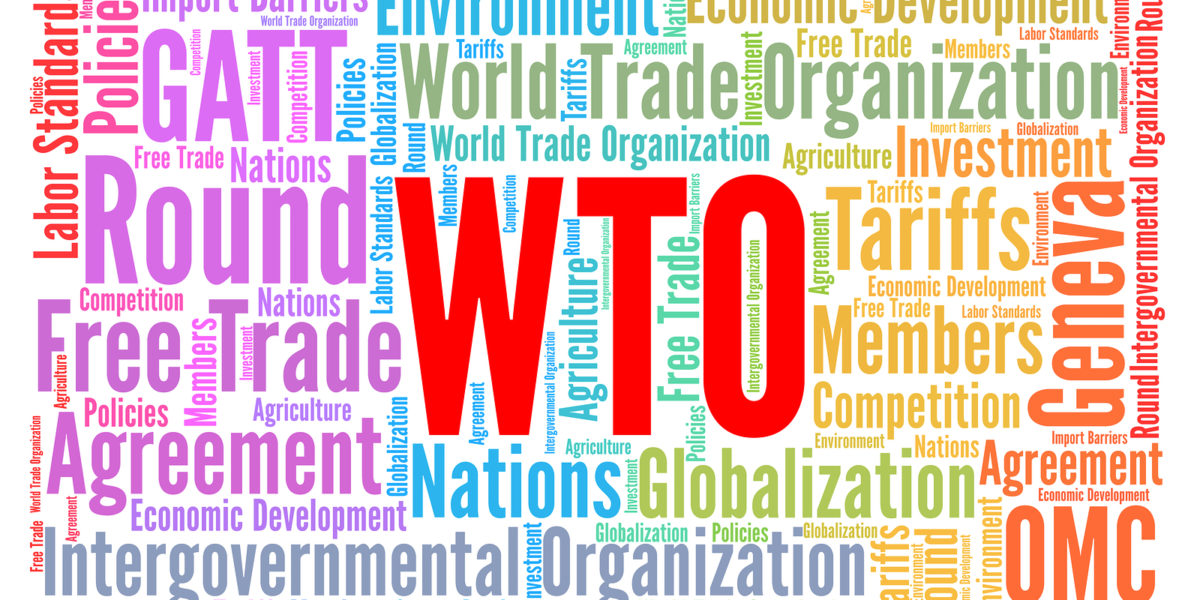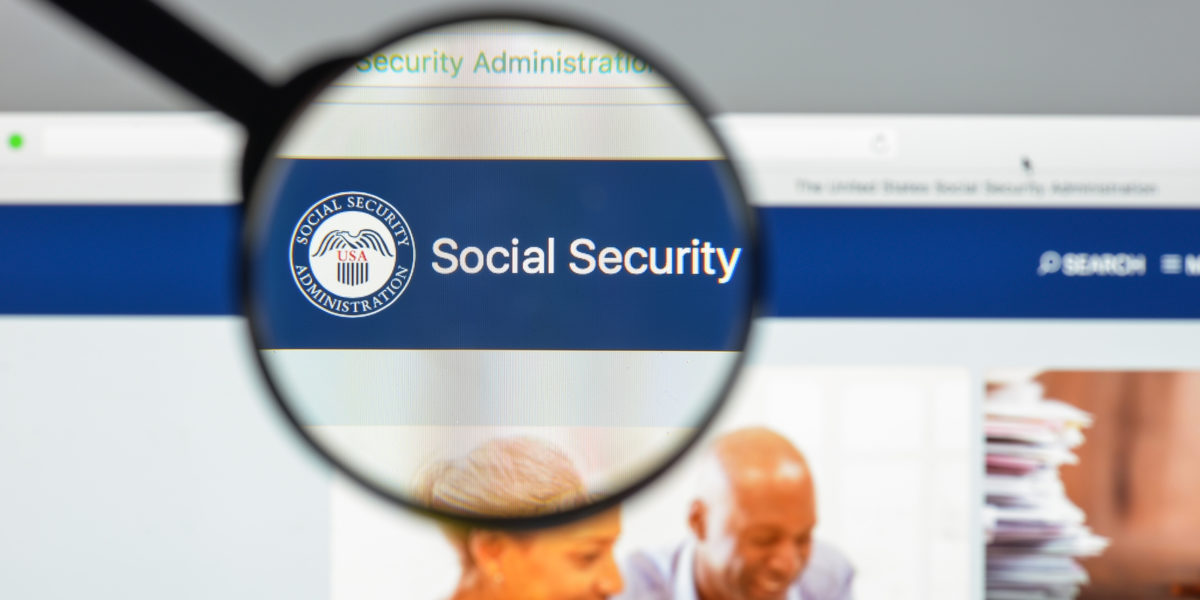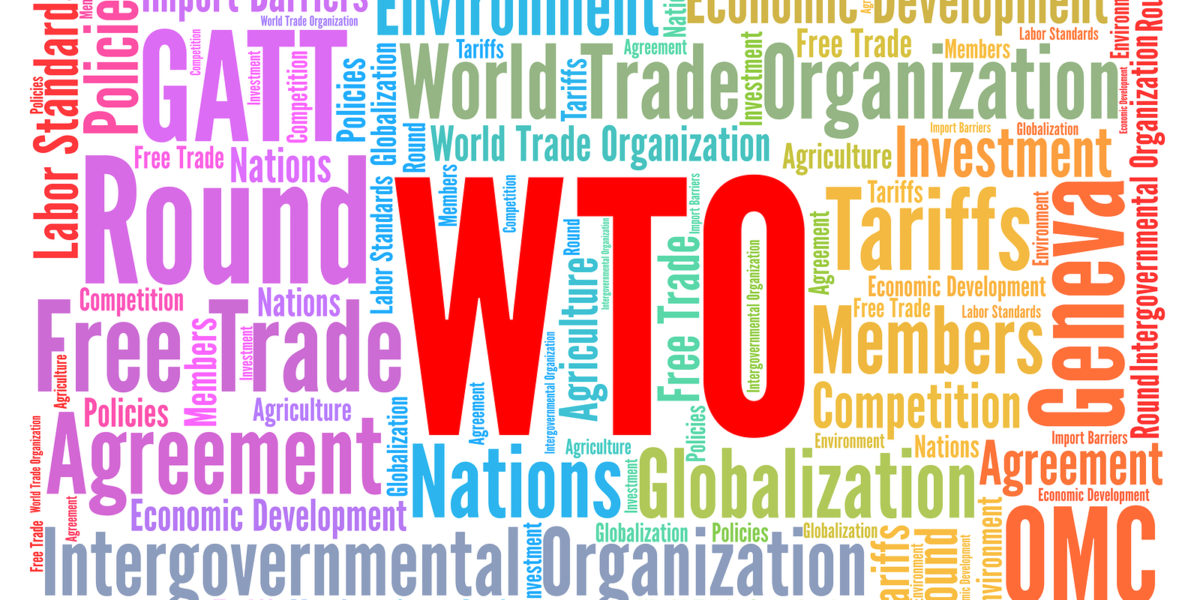News
Is Lowering Interest Rates Good for the Economy and the Markets?
In this article we look at the effect lowering interest rates can have on the economy and the markets. Interest rates can have a positive or a negative effect on the U.S. economy, the stock markets, and your investments. When The Fed changes the Federal Funds Rate (the rate at which banks can borrow money to lend to businesses or you), it creates a ripple effect.
The raising and lowering of the Fed Funds Rate is the role the Fed plays in stimulating the economy. In theory, the lowering of interest rates should help boost the U.S. economy by encouraging borrowing and spending. Therefore consumers and businesses are more willing to make big purchases. Whereas higher interest rates slow down borrowing and restrict the flow of money into the economy.
Today’s Pre-Retirees: Financial Planning with a Contingency Plan
Financial planning with a contingency plan is a requirement for all those who expect to retire at some point. The demographics of retirement and a ‘retired person’ is rapidly changing worldwide. Over the past 200 years, there have been remarkable changes in health and wealth around the globe. Now, there is a converging demographic between countries, thanks to world aid and trade, and technology. Human life expectancy is increasing; in just the United States, thirty years have been added to our life expectancy over the past 100 years.
Retirement is no longer viewed as winding down one’s life like it was in the 1950s. Today’s pre-retirees are making plans for their second phase of life. According to Age Wave, the nation’s foremost thought leader on issues relating to an aging population, today’s pre-retirees view retirement as an ‘Aspirational Life Stage’:
World Trade: Is It Just Regulated Politics?
The World Trade Organization (WTO) is the only global international organization dealing with the rules of trade on a worldwide scale. It is a place for member countries to settle arguments and negotiate trade deals. But what happens when negotiations between two counties go awry, and tariffs continue to apply for long periods? The WTO can only intervene when its members create undesirable consequences for one another by disputing or blocking economic development and citizen’s well-being.
This is important for all Americans, as the flow of trade domestically and abroad impacts the profitability and returns in our portfolios and personal savings. We continue to invest in global economies, even when world politics and trade disputes have far-reaching effects.
Social Security 2020: Increasing Taxes, Payments, and the Full Retirement Age
Social Security Retirement benefits are set to increase in 2020- a modest 1.6% increase for the average retired worker that adds an extra $24 per month to their retirement check. Retired couples will see their combined benefits grow to $40 per month. This cost of living (COLA) increase is one of the smallest over the past twenty years and will help offset 2020’s increasing Medicare Part B and Part D premiums.
The most significant changes happening to Social Security retirement in 2020 will be the increasing social security payroll taxes (FICA) for workers and the increasing age for full retirement benefits. Here’s what you need to know:
World Trade: Is It Just Regulated Politics?
The World Trade Organization (WTO) is the only global international organization dealing with the rules of trade on a worldwide scale. It is a place for member countries to settle arguments and negotiate trade deals. But what happens when negotiations between two counties go awry, and tariffs continue to apply for long periods? The WTO can only intervene when its members create undesirable consequences for one another by disputing or blocking economic development and citizen’s well-being.
This is important for all Americans, as the flow of trade domestically and abroad impacts the profitability and returns in our portfolios and personal savings. We continue to invest in global economies, even when world politics and trade disputes have far-reaching effects.
Reflect, Reset, Rebalance Your Life
Not everyone experiences a life-changing event in their lifetime, one that impacts them for better or worse. As we continue to experience the pandemic, we are witnesses to our own experiences. We don’t know the outcome will be for ourselves, our neighbors, community, and so on. It can be an unnerving, but positive experience if it is a life-changing event that changes us for the better. As you reflect on the pandemic in the next weeks and months, consider your life as it is today and the changes that you intend to make to rebalance your life.
Coronavirus and The Markets: What You Need to Know
With coronavirus (COVID-19) all around us, investors may be wondering how their investments will fare as this ‘global pandemic’ spreads. Is COVID-19 capable of moving markets? We know it is and came at a time when the economy was already stressing. Earlier market movements starting in February 2020 were the result of unassociated economic factors and the public’s reaction to fear. Now, while the U.S. economy is being impacted, investor’s resilience to react will be tested. The ‘markets’ hate uncertainty. How much and how long COVID-19 will affect economies is to be determined. Let’s take a look at Coronavirus and the markets.
HENRYs (High Earners Not Rich Yet) with Limited Wealth-Building Potential- Are You One of Them?
The term HENRY (High Earners Not Rich Yet) refers to individuals who have the potential to become wealthy in the future because of their income. These individuals or families earn between $250,000 and $500,000 per year and are between 25 and 45 years of age (Gen Z, Millennials, and Gen X). Despite their income, after paying their living costs, taxes, and other expenditures, HENRYs have little left over to save and invest for their retirement. HENRYs are a demographic that politicians consider being ‘rich,’ referring to them as the wealthiest Americans during the 2008 elections. However, there’s more to the HENRY story.
‘Rich’ is when you have assets in savings, retirement accounts, and other income-producing investments. Not the material things that you own and not things you owe on. HENRYs are the ‘working rich’ because most of what they make is immediately spent. Unlike the wealthiest 1% of Americans who continuously work to build their assets.
The Plight of the HENRY
Part of the plight of HENRYs is that their wealth projects from their six-figure income, not their spending habits or the building of wealth through investing. Additionally, HENRYs tend to want to keep up their appearance of success by spending. They are easily targeted by advertisements showing the lavish lifestyle they desire, and they frequently spend on those items.
According to research by MoneyinMotion, the top industries employing HENRYs include banking and finance (including insurance), technology, and large retailers generally holding manager or VP titles. Their top purchases include:
- Diet, weight loss, exercise memberships
- Boating and sailing
- Entertainment
- Online shopping
- Automobiles
- Vacations
While HENRYs have the potential to be wealthy, many will not fare well in retirement. This is due to their lack of retirement assets. If you are a High Earners Not Rich Yet, you still have the potential to save enough for retirement. However, those that continue the same spending habits with little priority on retirement savings during the earning years will not yield the retirement they desire. If you need financial guidance to change your current spending or accumulate retirement assets, feel free to contact our office at any time.
SW6-20200224
First Fruits Asset Management has been in the financial services profession since 2007. We work together to create a personalized financial plan. We then review and revise the plan as situations and/or goals change over time. Contact us today to learn more about how we can build a partnership with you today.
Financial Planning and Living Globally
The past 100 years have seen changes in how people plan for their financial futures and how they live. Borders no longer restrict people from living in one country; their profession often takes them to parts of the world they never anticipated. Today, it’s not uncommon for a family to live part-time in one country or become citizens of another country to work or have a business there. Living globally is a lifestyle that many high net worth families, and others, are choosing. Financial planning and living globally what are the risks?
Dual Citizenship
The U.S. doesn’t formally recognize dual citizenship but has not taken any stand against it either politically or legally. U.S. law doesn’t mention dual nationality or require a person to choose one nationality or another. However, a U.S. citizen may ‘naturalize’ in a foreign state without losing their U.S. citizenship. Not all countries are this liberal, creating financial planning complexities for U.S. citizens that choose to live abroad. Additionally, many foreign governments don’t recognize trusts that were formed outside of its borders on assets located inside its borders.
For high net worth families, protecting assets across multiple borders needs to be well planned out and consider the ‘laws of the land’ the individual occupies at the time of their death. Therefore, setting up trusts within each country of citizenship is imperative if the assets are within that country’s borders.
Taxation Across Borders
A secondary issue is the taxation of beneficiaries regardless of where they live. Since the financial crisis, many countries now participate in a global Common Reporting Standard and Exchange of Information agreement. The goal of this agreement is to determine and clarify the personal financial information they must share regarding assets, income, and taxable amounts across international borders. The agreement helps prevent tax evasion by individuals who choose to live globally, as a means of avoiding paying taxes.
While working or owning a business located in another country may not be the only reason for living globally, for many, retiring to another country to stretch retirement assets is.
There’s a tremendous amount of change occurring globally- economic uncertainty, political unrest, rising tax rates, gender equality, and changing views of marriage. These reasons are why financial planning is essential to protect your assets and those you intend to leave to beneficiaries. Before deciding to live globally, or if you already are, consult legal professionals in the countries you plan to reside in, even if for only part of each year.
The World is Changing
With the expansion of wealth, planning for divorce, same-sex marriages, gender fluidity, and extended families through new marriages while living globally intensifies financial planning. The world will continue to evolve. Investors must keep themselves informed of laws that enhance or create financial planning problems for them or their heirs.
If you are considering living or working globally, I encourage you to meet with me to discuss your investments before relocating.
SW6-20200224
First Fruits Asset Management has been in the financial services profession since 2007. We work together to create a personalized financial plan. We then review and revise the plan as situations and/or goals change over time. Contact us today to learn more about how we can build a partnership with you today.
Green Lending in the United States: Benefits for Sustainability and Debtors
A growing trend in global debt markets, Green Lending, continues to grow among American debt investors. Green Lending ties sustainability initiatives into loan products designed to entice and reward debtors who meet sustainability goals. The debtor’s sustainability goals are performance-based and include such things as lowering electricity and water usage, reducing landfill garbage, increasing recyclable raw materials in production, and initiatives to reduce their carbon emissions. Meeting these performance goals rewards the debtor with a reduction in the spread of their loan’s interest.
In some instances, the debt’s use is to implement sustainability initiatives in factories owned by the debtor. Being able to reduce their carbon footprint is usually advertised by these debtors, increasing their sales in a worldwide market that demands sustainability in the products they buy.
The Driving Force Behind Sustainability
Who is the driving force behind corporate lending tied to sustainability? It’s the investors who are driving this change, not the lenders. According to Bloomberg, ‘Green Finance’ is now a $92 Trillion worldwide business and growing- per 2018 data. In the U.S., sustainable assets reached $12 Trillion in 2018; the 2019 numbers are still to be determined.
Money is gushing from investors into any investment labeled green or sustainable. In the past, sustainable and green was a description of a company’s products. Today it is descriptive of both the company’s stocks and debt. The debt markets continue to evolve by offering green debt, with rewards to the debtor, for their sustainability efforts.
Some investments are greener than others, while some offer sustainability in only one area, like electricity use reduction. In finance, there is no agreed-upon definition of what green truly is, but new sustainability standards were issued in 2019 that global companies now follow. However, it is the responsibility of the advisor and the investor to research the debtor’s use of the loan and its sustainability benefit before investing since not all ‘green notes’ will be within the standards.
In addition, if you have questions about green lending here in the U.S. or what companies are reducing their carbon footprint, feel free to reach out to me to discuss your interest in green lending.
SW6-20200224
First Fruits Asset Management has been in the financial services profession since 2007. We work together to create a personalized financial plan. We then review and revise the plan as situations and/or goals change over time. Contact us today to learn more about how we can build a partnership with you today.










